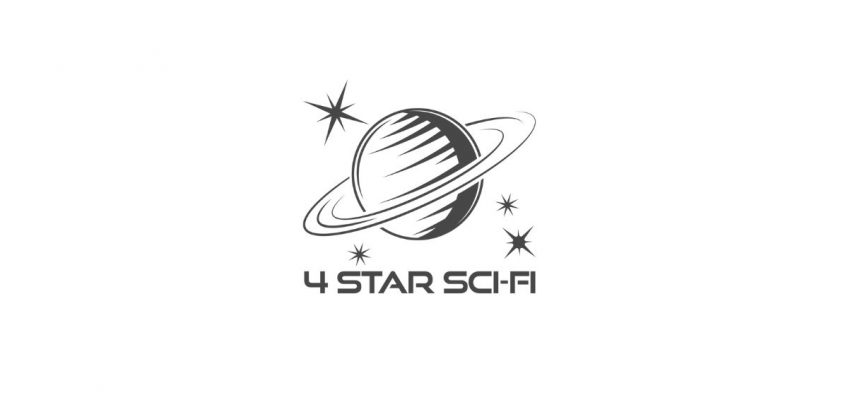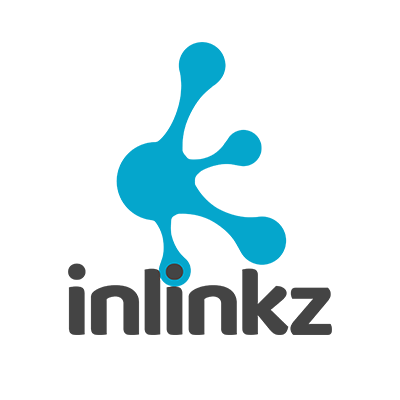Welcome back to another blog hop, with #OpenBook. Here’s this week’s prompt.
Don’t forget to click the link to see what everyone else has to say on this week’s subject. It’s at the end of my post.
Do you suffer from Automation anxiety? (the fear that advancements in technology, particularly artificial intelligence (AI) and automation, will lead to widespread job losses, rendering people’s skills obsolete and potentially leaving them unemployed, causing significant worry and stress about the future of work.)

The simple answer is, not really. And that’s not just because I’m old, retired and unlikely to be here long enough to be affected. It’s just that as a society, we’ve lived through things like that before, only to find that they were never as bad as people feared.
Things like the Industrial Revolution, and the rise of the production line, both of which were going to destroy employment and civilisation as we know it. Except they didn’t, as a species we adapted. We found solutions, other things to do and ways around the negative.
For example, we started to revere the artisan product, as an alternative to the mass-produced. People whose jobs were lost learned new skills, while new industries sprang up to service the very processes that were supposed to be so detrimental.
Above it all, human nature and scientific advances coped with the new reality.
With so many released from their old ways, people started to think about new possibilities. Science and technology moved away from the course it had been on. We discovered a need for things that we never knew existed and had the time to invent and develop them.
It appears that we’re on the threshold of another revolution with the development of AI.
What does bother me about AI, is that the immense good it can do is often overlooked. Instead of relieving us of the mundane and repetitive parts of modern life, which it can perform so much better than we can, leaving us free to be creative, it seems to be taking over the creative side of things.
Which leaves us with the drudgery.
As usual, I suspect that it’s all about the money and the desire of big business to make as much out of it as it can. Creativity is an easy target, one that requires little effort for maximum reward.
Instead of training AI to write books or produce art by copying and modifying, why not concentrate on teaching it to read X-rays and scans, to improve early diagnosis of disease? Get the algorithm to analyse data and predict sociological trends, improve agriculture and develop new medicines.
The list of possible applications is endless.
Or is that less profitable than reading books, scanning pictures and producing derivatives on demand?
At the end of the day, the future will be faced and conquered in the same way that our forebears coped with the power loom and the cotton gin.
Ultimately, I’m sure we will adapt and survive. Assuming we don’t blow ourselves up first.

What do you think about this week’s subject?
Let me know by leaving me a comment.
While you’re here, please click the InLinkz link to check out what my fellow writers have to say about this week’s topic.
Until next time.

I’d love to get your comments, please leave them below. While you’re here, why not take a look around? There are some freebies and lots more content, about me, my writing and everything else that I do. You can join my newsletter for a free novella and more news by clicking this link.

![]()





Stevie Turner
AI is already at work in the NHS, especially in Dermatology where it diagnoses cancerous moles. We have to learn to use it to our advantage in other aspects of life too.
Richard Dee
I saw that in your post. It’s good to see that it is being used for something sensible.
P.J. MacLayne
AI is not ready for prime time, but is being used like it is. It should become a game to catch signs of AI in writing. What mistake identifies AI, like 6 fingers in pictures?
Richard Dee
By the time AI is mainstream, we will be coping with the next big thing.
Lela Markham
“Why not concentrate on teaching it to read X-rays and scans, to improve early diagnosis of disease? Get the algorithm to analyse data and predict sociological trends, improve agriculture and develop new medicines.”
That’s an easy but sad answer to two lanes of thought.
One – because there are a lot of people who would love to be creatives and can’t, so the AI allows them to participate just like they were always told was their highest level of self-actualization in school.
Two – because the “experts” who currently diagnose illness, analyze data, predict sociological trends, etc., are not about to lose THEIR very well-paying jobs, so no way are they going to allow AI to take over their industries.
But, hey, piloting container ships around the world — the AI can do that — at least until a few hundred of them run into each other and sink needed food and fuel to the bottom of the ocean, and then we’ll be rethinking exactly how much AI really should be allowed to do unsupervised. Same with autonomous vehicles. When someone adds a line of code that allows cars to refuse to take us places the code has deemed “unacceptable”, we’ll realize it was a mistake to give AI that much control over our lives. Will it then be too late to pull it back? Well, that’s for our children to discover, won’t it?
Richard Dee
And therein lies the problem. Someone will always “lose out.” Sadly, when it’s a choice between those with money and power losing out, or the average Joe at the lower end of the pile, we all know which way it will go. And there is the added danger of running before you can walk with new Tech. Before it’s perfected, there will be many who believe that it is, with inevitable consequences.
Samantha Bryant
I feel much the same. So much potential for good or for exploitation, but too many folks are choosing exploitation. @samanthabwriter from
Balancing Act
Richard Dee
I suppose it’s always been the same.